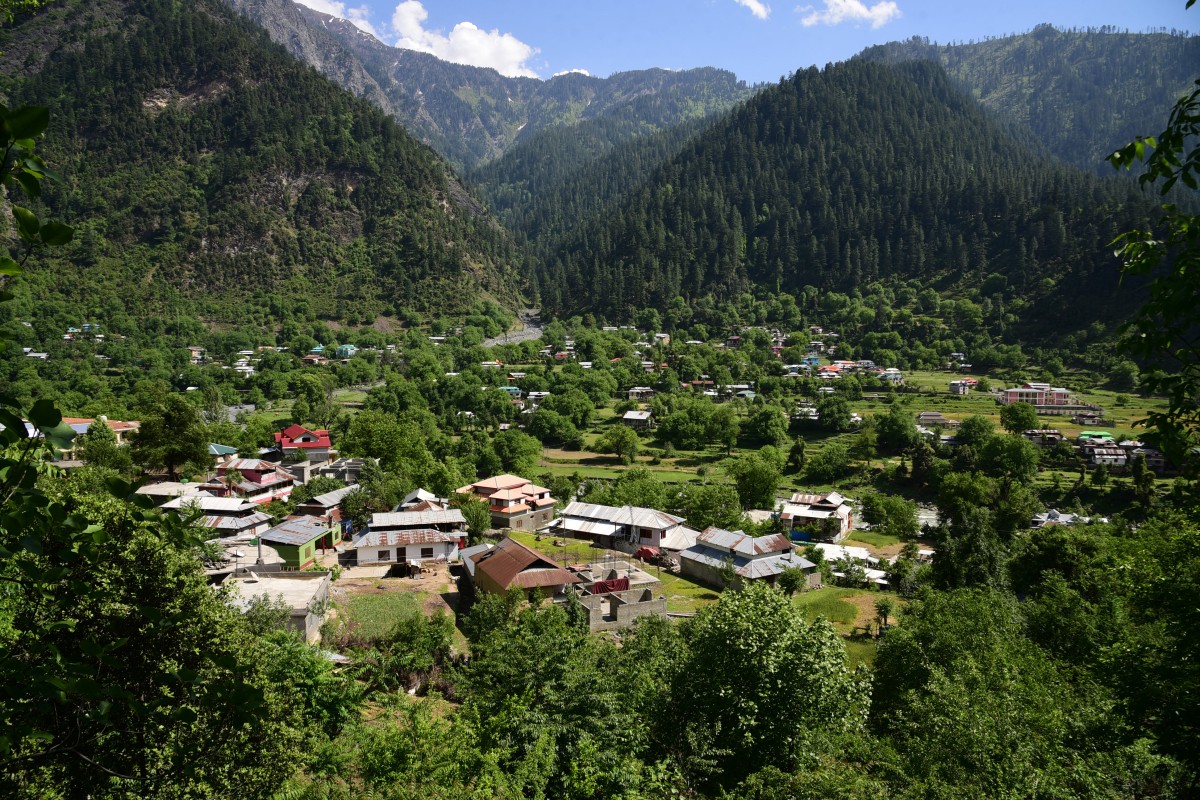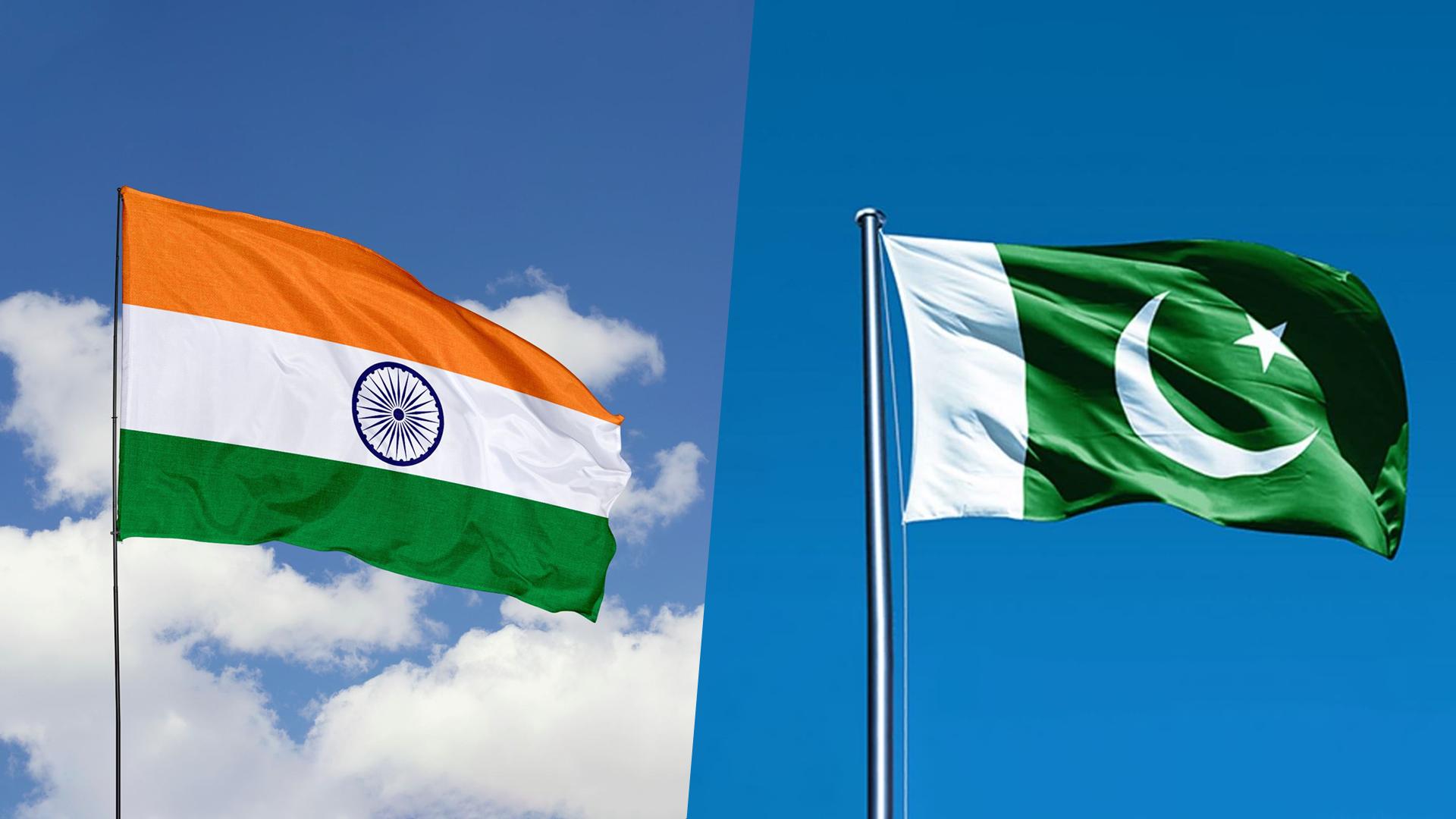
By Agence France-Presse
In a statement on Monday, May 12, Indian Prime Minister Narendra Modi vowed to respond strongly to any future “terrorist attack”, and warned that New Delhi would not tolerate “nuclear blackmail” in the event of further conflict with Pakistan.
A weekend ceasefire which U.S. President Donald Trump said he brokered; looks to be holding after four days of intense jetfighter, missile, drone, and artillery attacks–the worst violence between the two nuclear-armed neighbors since 1999.
Trump said that U.S. intervention had prevented a “bad nuclear war”.
“We stopped a nuclear conflict… millions of people could have been killed. So I’m very proud of that,” he told reporters at the White House on Monday.
Modi, in a televised address to the nation–his first since hostilities began on May 7–said Pakistan has chosen to attack, rather than help it fight “terrorism”.
“If another terrorist attack against India is carried out, a strong response will be given,” he said.
The conflict followed after the April 22 attack on tourists in the Indian-administered Kashmir region which killed 26 civilians. India accused Pakistan of backing the attack, but Islamabad denied involvement.

Spiral to war
The alarming spiral towards all-out war began before dawn on May 7, when India launched missile attacks destroying what it called “terrorist camps” in the Pakistan-administered part of Kashmir region.
Each side then accused the other of launching waves of warplane and drone strikes, as well as missile and artillery bombardments that killed at least 60 people on both sides.
Modi said on Monday, May 12 “If Pakistan wants to survive, it will have to destroy its terror infrastructure. India will strike with precision and decisiveness against the terrorist groups thriving under the cover of nuclear blackmail.”.
“India’s stand is very clear. Terror and talks cannot go together… Terror and trade cannot go together… Water and blood cannot flow together.” he added.
His televised address to the nation came after the Indian army reported the “first calm night in recent days” in disputed Kashmir and along its western border with Pakistan.
The flare-up in violence was the worst since the rivals’ last open conflict in 1999 and sparked global shudders that it could spiral into full-blown war.
The rivals also accused each other of breaching the ceasefire just hours after it was unexpectedly announced by Trump on social media on May 10.

Both sides claim success
Top India and Pakistani military officials held briefings on Sunday, May 11, with each claiming the upper hand and warning they were ready to respond if there were fresh attacks.
“We have delivered the promise we made to our people”, Pakistan’s military spokesperson Lieutenant General Ahmed Sharif Chaudhry said, calling it a “success on the battleground”.
“We have thus far exercised immense restraint so far and our actions have been focused, measured and non-escalatory,” said Indian Lieutenant General Rajiv Ghai.
Pakistan claimed to have downed five Indian fighter jets–something New Delhi has not commented on.
On Monday, May 12, people were trickling back to Poonch, a frontier town in Indian-administered Kashmir and one of the worst-hit places. But thousands of schools remained closed across Pakistan-administered Kashmir as areas were cleared of debris from strikes and firing, said local official Naveed-Ul-Hassan Bukhari.
Meanwhile, India reopened 32 airports that had been closed due to the conflict, authorities said on Monday.
Militants have stepped up operations in Kashmir since 2019, when Indian Prime Minister Narendra Modi’s Hindu nationalist government revoked the region’s limited autonomy and took it under direct rule from New Delhi.
Divided Muslim-majority Kashmir is claimed in full by both countries, who have fought several wars over the territory since their independence from Britain in 1947.
Senior officers from Pakistan and India were reported to have spoken in order to further secure the ceasefire on Monday.
Abdul Basit at the S. Rajaratnam School of International Studies in Singapore said it would be about modalities of the ceasefire and not policy decisions.
The aim is to “avoid any miscalculations, because right now one spark could quickly move towards a nuclear catastrophe,” Basit told AFP.
